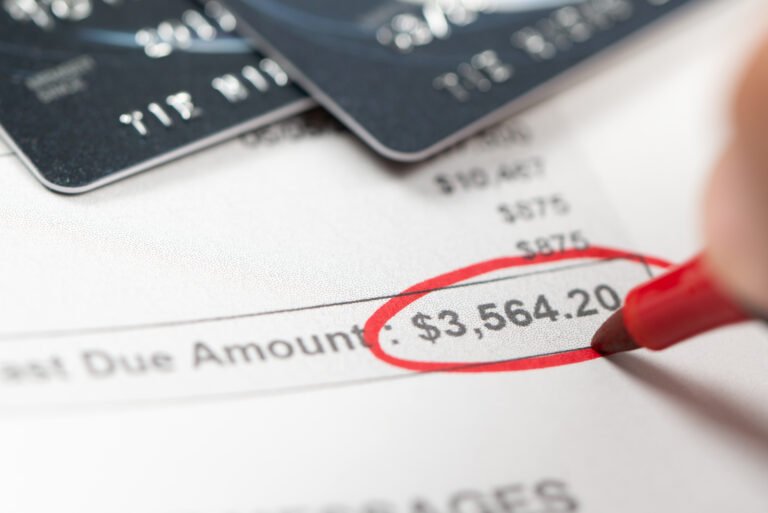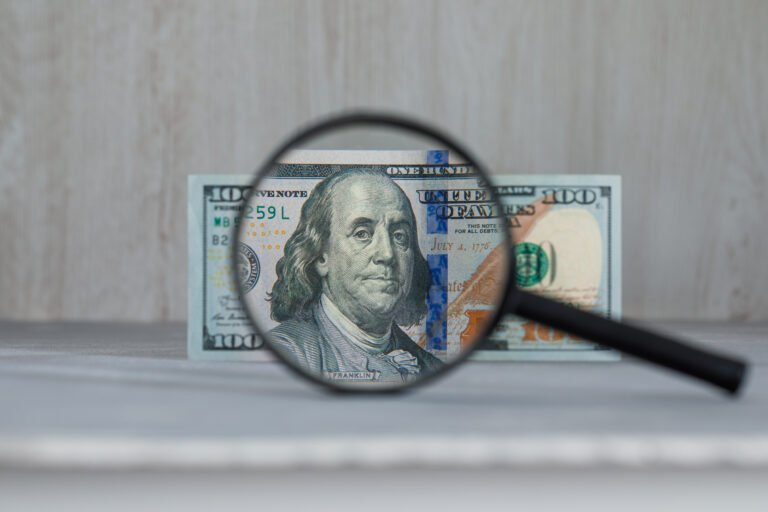
If you’re shopping for a car and considering Citizens Bank for financing, you’re likely wondering: “What kind of interest rate will I really get?” Let’s walk through what you need to know, no BS, just clarity.
Understanding How Auto Loan Rates Work
Interest Rate vs APR — What’s the Difference?
First, a quick distinction: the interest rate is the raw cost percentage the lender charges on the loan balance. APR (Annual Percentage Rate) includes the interest plus fees (origination, processing, etc.). When you’re comparing offers, APR gives you the true cost.
So if Citizens Bank advertises an interest rate of 5.5% but tacks on $200 in fees, your APR might effectively be 5.7%. Always check both.
How Citizens Bank Determines Its Auto Loan Rate
They don’t just pick a number randomly. Here are the levers involved:
- Credit score: This is arguably the biggest factor. If you’re in the “super prime” range (say 780+), you’ll get the lowest rates. Lower scores push rates up. According to Experian’s 2025 data, new car borrowers with excellent credit may see ~5.18% APR, whereas subprime borrowers might land at 13–16%+ for new cars.
- Loan term (duration): Shorter loans (36, 48 months) tend to carry lower rates; longer terms (60, 72 months or more) often cost more in interest.
- New vs Used Car: New (or newer) vehicles are less risky to the lender, so rates are generally lower than for used ones. For used cars, average APRs are much higher. Experian puts used rates around 11.87% in Q1 2025.
- Loan-to-Value (LTV) / down payment: If you’re financing 100%, that’s riskier. A down payment reduces lender risk and can net you a better rate.
- Discounts / perks: Automatic monthly payments, direct deposit, or having a deposit/loan relationship with the bank may yield a small discount.
- Fees / origination: Even if the “rate” is fair, hidden fees can push your effective APR higher.
What Are the Current Auto Loan Rates (U.S. Averages + Market Context)
Recent Trends in Auto Loan Rates
To get a realistic benchmark, let’s look at how rates have behaved:
- In 2024, auto loan rates climbed as the Fed raised rates. In late 2024 and going into 2025, analysts expect a gradual cooling.
- Bankrate’s data (mid-2025) shows that a 60-month new car loan typically holds around 7.2-7.3% APR on average.
- For used cars, rates are significantly higher, often in the 7–12%+ bracket depending on credit.
- Experts forecast that by the end of 2025, 5-year new car loan rates could average ~7.0%, and 4-year used car rates ~7.75%.
- The Fed’s moves impact this when banks cut prime/benchmark rates, auto lenders often follow.
So if Citizens Bank is competitive, you’d expect their published rates to hover close to or slightly below these averages (for prime borrowers).
How Citizens Bank’s Rates Might Stack Up

I couldn’t locate a published, up-to-date Citizens Bank auto loan rate table. But we can benchmark:
- A mid-tier national bank might offer 5.5–7% APR (for good credit).
- A credit union might beat that (4.5–6%).
- In the used car bracket, banks might ask 8–12%+ for average credit.
So if Citizens Bank’s “best rate” is in the 5–6% range for excellent credit, that would be strong. If they’re quoting 8–9% for average credit, that’s in line with market norms.
Citizens Bank Auto Loan: What You Need to Know
What Citizens Bank Offers (New, Used, Refinance)
Browsing Citizens Bank’s site, I found a few hints of automotive-related lending products:
- They include auto/RV/boat loans under their personal loans menu.
- Their “Small Business Auto Loans” section shows vehicle financing for business use (cars, light trucks) for 36–72 month terms.
- Local branches’ “Auto Loans” pages (e.g. for Citizens Bank of West Virginia) advertise 100% financing on new & used autos, flexible terms, and discounts for automatic payments.
- They have a deferment policy (for COVID or hardship) example: borrowing $33,000 at 6.7% for 6 years, monthly payment $557.88, with possible 3-month deferment.
So the bank does offer auto / vehicle lending in some capacity, likely varying by region or branch.
Loan Terms, Limits & Features
- Terms: Typically 36–72 months in their small business auto line.
- Maximum financing: In at least one branch, they advertise 100% financing for new & used autos.
- Pre-approval: Some branches encourage getting a pre-approval to know your rate before walking into a dealership.
- Refinancing: Some Citizens Bank branches offer auto refinancing, letting you switch your loan to them.
Pros & Cons of Going with Citizens Bank
Pros:
- A recognized bank with local branches face-to-face support.
- Possibility of rate discounts for autopay or existing relationships.
- Transparency (you can ask for rate breakdowns).
- Ability to refinance later if rates drop.
Cons:
- May be less flexible than niche auto lenders or credit unions.
- In areas without branch presence, services may be limited.
- If they don’t publish aggressive rates publicly, you might end up with a higher-than-expected offer.
- Hidden fees or unfavorable terms might be overlooked if you’re not careful.
Let me tell you a quick hypothetical: Imagine someone with a 720 credit score walks in and is offered 5.9% APR on a new car loan from Citizens. Meanwhile, a credit union quote is 5.2%. That 0.7% difference on a $30,000 loan for 60 months could cost ~$650+ extra in interest. So always shop around.
How to Qualify for the Best Rate at Citizens Bank
Improve Your Credit Before Applying

This is probably your most powerful tool. Here’s how:
- Check your credit report (Experian, TransUnion, etc.).
- Dispute errors or negative items.
- Pay down credit card balances (aim for <30% utilization).
- Avoid opening new lines just before applying.
- Wait until your score rises if you’re at 650, adding 20–30 points may cut your rate significantly.
For reference, Experian data shows a wide gap: new car rates of 5.18% for excellent credit vs 13–16% for poor credit.
Use Discounts & Incentives
- Autopay / direct debit: Banks often offer 0.25–0.50% off your rate for letting them auto-deduct payments.
- Bank relationship: If you already have a checking/savings account with Citizens Bank, ask about “relationship pricing.”
- Other perks: Some employers, associations, or groups may negotiate discounts.
Pick the Right Loan Term
Shorter loan = lower rate, but higher monthly payment. Longer loan = more total interest. Use a breakpoint analysis:
E.g. $25,000 loan at 6% for 60 months → ~$483/month
If same balance at 7% for 72 months → ~$425/month
But you’ll pay ~$2,000+ more in interest overall.
So if your budget allows, pick the shortest term you can handle comfortably.
Negotiate Smartly
- Get prequalified elsewhere and use that as leverage.
- Ask the lender if they can reduce origination or documentation fees.
- Ask whether they’d “match” a competing bank’s rate (if you have a near-equal offer).
- Threaten to walk away if the rate feels unfair (sometimes it works).
Citizens Bank Auto Loan Refinancing — Is It Worth It?
When to Refinance
You might refinance if:
- Market rates drop significantly (e.g. 1%+ lower than your current)
- Your credit improved since original loan
- You want to shorten the term
- You have a small remaining balance
You should not refinance if:
- You’d extend your term dramatically (which increases total interest)
- Closing or processing fees eat your savings
How Much You Could Save (Examples)

Suppose:
- Original: $20,000 at 8% APR, term 60 months → payments ~$405
- New: Refinance at 6% APR, 48 months → payments ~$460
You pay a bit more monthly, but your total interest drops. If refinancing costs $300, your break-even might be 8–12 months. Do the math.
Risks / Costs
- Processing / application fee
- Early payoff penalties from your existing lender
- Resetting amortization (you may pay more interest in early months)
Common Questions & Pitfalls
Can I get 0% from Citizens Bank?
Unlikely. 0% financing is typically offered by manufacturers or dealerships, not banks. Citizens Bank might not offer promotional zero-interest deals.
What if my offered rate is much higher than “average”?
It probably reflects your credit risk, term, or vehicle condition. Ask the bank to break it down. See whether you can improve your terms.
Can I prepay / pay off early?
Most auto loans allow prepayment without penalty, but you should confirm. Always request a payoff quote and check for “prepayment penalties.”
Can I get a rate reduction mid-loan?
Sometimes, yes if your credit improves or if you refinance. But don’t count on it automatically.
What if I default / miss payments?
Late fees, negative credit reporting, repossession risk. Avoid it.
How to check my Citizens Bank auto loan status / statements?
Use Citizens Bank’s online portal or mobile app. Call their loan servicing line and request statements or payoff numbers.
Summary & Final Tips
- Expected range: For excellent credit, expect ~5–6% APR; for average credit, 7–10+%; for used cars, 10–13%+.
- Key levers you control: credit score, down payment, loan term, discounts, negotiation.
- Checklist before applying: check credit, get prequal offers, gather financial documents, compare with other lenders.
- Final advice: Don’t rush. If your credit is average or weak, wait a few months, improve your standing, then apply.
If Citizens Bank publicly publishes their current auto loan rates, slot those into this content for concreteness. Otherwise, use market averages as benchmarks.







